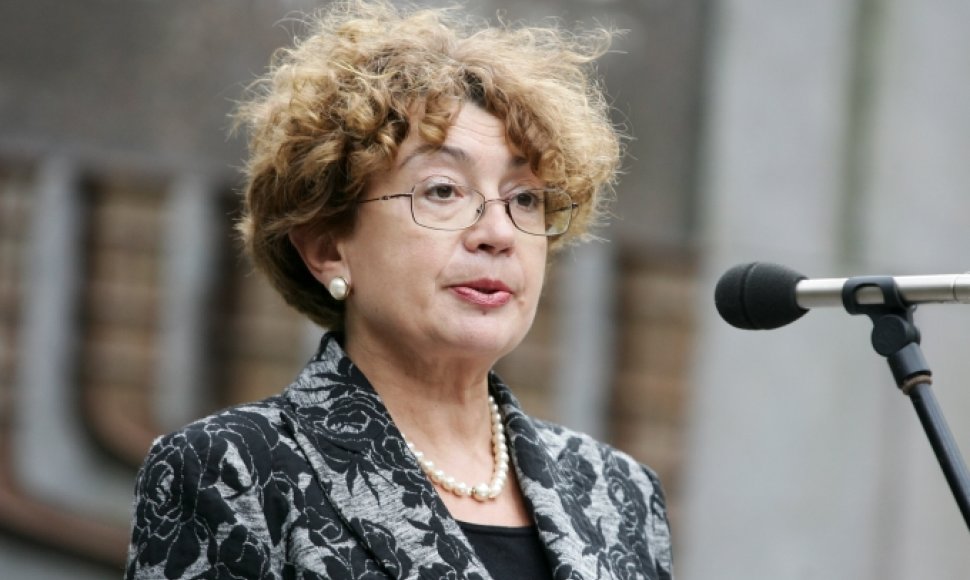The compensation scheme was presented in Vilnius by representatives of Lithuanian and American Jewish communities appointed to chair the fund. They thanked the Lithuanian administration, which has already transferred 3 million litas (EUR 870,000) to the fund but acknowledged the money wouldn't be paid this year.
Individuals eligible to receive compensations will be located through databases developed by international Jewish organizations in the past, and the victims of Nazi and Soviet occupation who are not listed in the databases will be able to fill out applications by mid-2013.
Andrew Baker, director of International Jewish Affairs for the American Jewish Committee, said the compensation would amount to merely a few hundred US dollars, saying they were still an important symbolic gesture.
"It will be significant in its gesture to people to say there is a recognition here that they suffered under the Holocaust or in exile," Baker told Vilnius journalists.
Faina Kukliansky, acting chairwoman of the Lithuanian Jewish Community, said the payments would be made to about 1,000 people, with the number to be finalized next year.
“We thought there should be 1,000 or maybe a bit more. There may be people who had never been listed in any statistics,” said Kukliansky.
Under the law adopted in Lithuania last year, Jews will receive 128 million litas over the next decade in compensation for their property nationalized by totalitarian regimes. According to the law, the money can go towards Jewish events in Lithuania, religious, cultural, healthcare, sports, educational, and research programmes.
Earlier this year, the government appointed a fund to distribute the money and transferred the initial 3 million litas.
"Some measure of justice has now been achieved. This does not represent the full value of Jewish communal property in Lithuania but should be sufficient to guarantee the long-term viability of Jewish life in Lithuania as well as to support important projects in area of Jewish heritage," Baker said.
In his words, the steps taken by Lithuania after long talks could serve as an example for the neighboring Poland.
Kukliansky said money was merely a symbol demonstrating that the Jews of Lithuania were accepted as part of Lithuania's open society.
More than 90 percent of Lithuania's pre-war Jewish population of more than 200,000 perished during the Nazi occupation in 1941-1944.
Jews who were deported to Siberia by the Soviets and thus escaped Nazi terrors as well as their local assistants will be eligible for compensation, too.












